The Classical Music Lover’s Companion to Orchestral Music
£19.00
Robert Philip, scholar, broadcaster, and musician, has compiled an essential handbook for lovers of classical music, designed to enhance their listening experience to the full. Covering four hundred works by sixty-eight composers from Corelli to Shostakovich, this engaging companion explores and unpacks the most frequently performed works, including symphonies, concertos, overtures, suites, and ballet scores. It offers intriguing details about each piece while avoiding technical terminology that might frustrate the non-specialist reader.
Philip identifies key features in each work, as well as subtleties and surprises that await the attentive listener, and he includes enough background and biographical information to illuminate the composer’s intentions. Organized alphabetically from Bach to Webern, this compendium will be indispensable for classical music enthusiasts, whether in the concert hall or enjoying recordings at home.
Read more
Additional information
| Publisher | Yale University Press (8 Sept. 2020) |
|---|---|
| Language | English |
| Paperback | 968 pages |
| ISBN-10 | 0300254822 |
| ISBN-13 | 978-0300254822 |
| Dimensions | 18.42 x 6.35 x 26.04 cm |

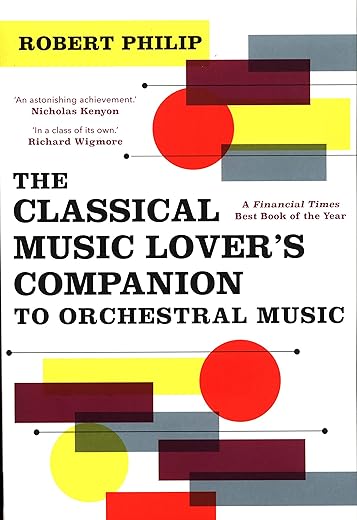
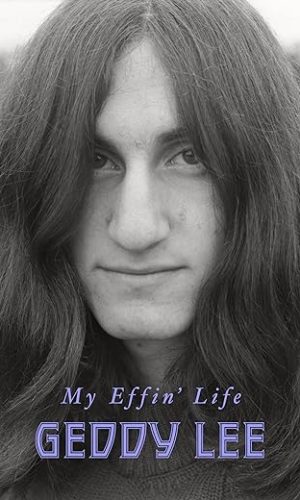
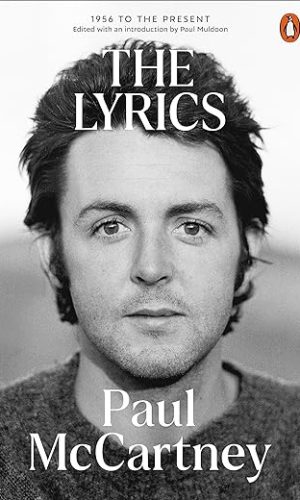
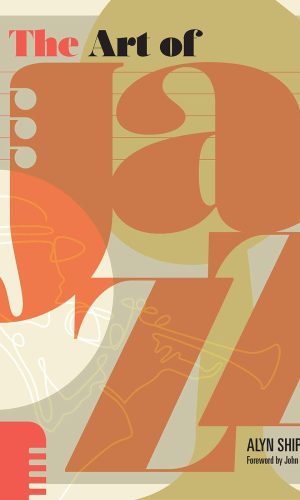
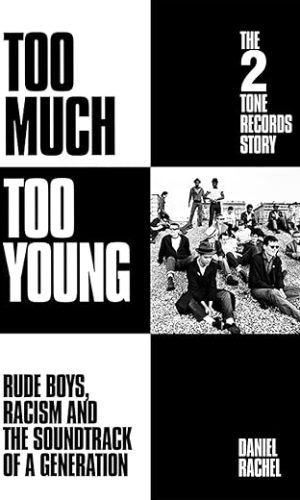
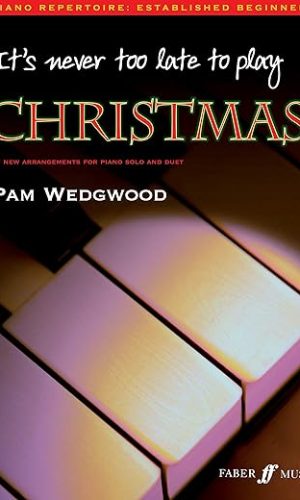


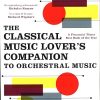
by lisa
Wonderful to finally have in one tome an explanation of the story behind all the great classical music pieces we love
by Roland Herrera, Bristol UK
For every work included, first a bit of historic background is given. This is the most interesting and welcome section, in my opinion. Unfortunately the general music analysis is not so exciting. Descriptions are a little lifeless and repetitive… maybe that’s harsh but I feel they could bring the music to life a little more… this second half is where I usually nod off, and get a little bored. Finally a few anecdotes and little stories wrap up the commentary for the piece, and my interest sparks up again. I’m a professional Violinist, and I love the idea of an accessible insight to classical music. Let me say my 3 out of 5 stars could definitely be read as a 3.5 out of 5.
by docread
This is a helpful guide to the most frequently played orchestral music and doesn’t pretend to be an encyclopaedic treatment of the entire repertoire of Western Music. As a result of its fair selection, a major undertaking with four hundred orchestral works, there will be naturally some people who feel aggrieved by the omissions. Indeed some orchestral compositions of included composers are missing and a large number of lesser or less played composers are not mentioned. Within these boundaries the task the author has set himself is satisfactorily delivered.
There is usually a good introduction to the Composer covering salient aspects of his musical milieu and specific style or musical innovations. It is followed usually by a comprehensive description of each piece of Music selected, including its duration, as one would encounter within the sheath of a CD.I find it a very helpful additional resource while listening to a wide range of orchestral works from the Baroque era to middle of the 20th Century.
by S. C. Taylor
I’m going to get a lot of pleasure from this book. I looked up entries on some familiar music from my CD collection and heard it with new ears!
by eddyalpha
This is a large heavy book, for home use only. Very well written and researched. For a dedicated R3 ‘Composer of the week’ listener, this book is such a handy companion for researching the world of classical music. Very happy with this.
by DaveMac3
the perfect volume for folks who like to read about classical music. It is a big book and full of interesting information either for the expert or anybody out to discover classical music
by Bob76
Perfect for wider reading. I have a music degree and found it had tehright balance of musical and historical interest to draw me in. It doesn’t provide analysis of each work, but does give plenty of intruiging insight and it is very well written.
However, one complaint – the cover ws ripped on delivery and it csme in a torn and shabby box. Very poor from Amazon for such an expensive item, so please order or buy from your high street store.
by John R. Orr
First of all, lets put down what is right with this book.
Firstly, it delivers a reasonably comprehensive overview of those classical composers from the late 17th Century to the 20th Century. It deals with those composers that are well known or reasonably well know, from the various Bach (Johann, Carl Emmanuel), Vivaldi up to and including Shostakovich etc. It reflects the main broad swathe of what I would call the standard list of composers, reasonably comprehensive, although there are serious gaps. Unfortunately, this is all it does do.
There are even gaps in those composers that are listed. For instance, it only deals with the first ten symphonies of Shostakovich, ignoring the other five, a serious error. It also, although talks briefly, hardly covers symphonies two and three. As regards Vaughn Williams it ignores symphony number seven and as for Martinu, it mentions a minor piece but complete ignores the 6 symphonies.
In other words, this is not a comprehensive coverage of a great number of composers. It completely ignores Finland, apart from Sibelius, missing out on nearly two hundred years of serious composers. As an indicator, I list from my own CD collection the composers missing before the first entry in this volume to give an idea of what is missing, they are as follows:-
Keiko Abe; Adolphe Adam, Richard Addinsell, Thomas Ades, Kalevi Aho, Isaac Albeniz Egen D’Albert, Tomaso Albonini, Charles-Valentin Alkan, Alnaes Eyvind, Hugo Alfven, Vasif Adigezalov, Anton Arensky (many orchestral pieces here), Malcolm Arnold, Kurt Atterburg, before coming to the first entry Johann Sebastian Bach, although it ignore Carl Emmanual (considered by many at the time as being better than his father Johann Sebastian).
These listed above are in my own personal list of composers, but to ignore Malcolm Arnold shows a complete lack of intellectual depth, he is after all, not an unknown composer and Atterburg, as an example is well known in his own country.
I was extremely disappointed to receive this volume and, going through it, even at random, noting the discrepancies and, more importantly, the ommissions. Considering these ommissions I can say that this volume it only of use to an absolute novice to Classical Music, but for a more enterprising viewpoint I would suggest that even a second hand copy of the Penguin Guide to Classical music, or the annual Gramaphone volumes would be of far more use.
It is a shame, as I was hoping that upon receiving the volume I would get a range of composers that I had not heard of and would be able to look these up, find music I had never heard before, and start researching other areas of interest. Unfortunately, every piece of music listed in the volume I already have, and as there is a lack of `new’ composers, I will probably end up giving this volume away.
Just glancing through the volume I looked up the entry on Max Bruch, I find only three pieces mentioned, yet I have in my own collection the following:-
Symphony No 1 in e Flat maj Op 28;
Symphony No 2 in F maj Op 36;
Romanze in A maj Op 42,
Symphony No 3 in E Op 51;
Adagio Appassionato Op 57;
In Memorium Op 65;
Konzerstuck in F# min Op 84
Violin Concerto No 1 in G min Op 26;
Violin Concerto No 2 in D min Op 44;
Serenade for Violin & Orchestra Op 75;
Violin Concerto No 3 in D min; Op 58;
Scottish Fantasy Op 16;
String Octet Op posth;
Quintet for Piano & String Quartet op Posth;
String Quintet Op Posth;
Scottish Fantasy;
The author lists Violin Concerto No 1, Scottish Fantasy and the Kol Nidroi.
Again, I only selected Bruch at Random. As regards the earlier mentioned Shostakovich, the author omits as well as five symphonies, three out of four of the Cello and Violin Concertoes, all the film music and the string quartets arranged for orchestra (although these were completed by Rudolf Barshai or the ballet The Golden Nose.
I could go on, but I hope the above is sufficient that even a novice should treat this collection of composers and listed music with extreme caution and realise its limitations. In a sense, it is a typical music teacher’s guide to classical music, giving all that’s safe and well known and, although there are some challenging pieces listed, there is far more that is not listed, not even a mention of for example Einojuhani Rautavaara, a Finnish composer (sorry, but I love Finnish music) taught by Shostakovich who has 8 Symphonies and 14 concertoes to his name.
As I say, these are only the surface ommissions that I have found on a very brief perusal. I would hate to find out how much more the author has missed if I merely confirmed what I had in my own collection with what is listed in this volume.
As I have previously said, for myself, this book was a massive waste of money and, if I had known of the brevity of the contents I would not have purchased it.